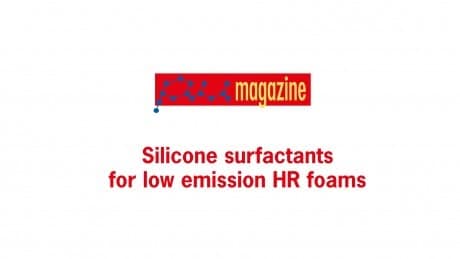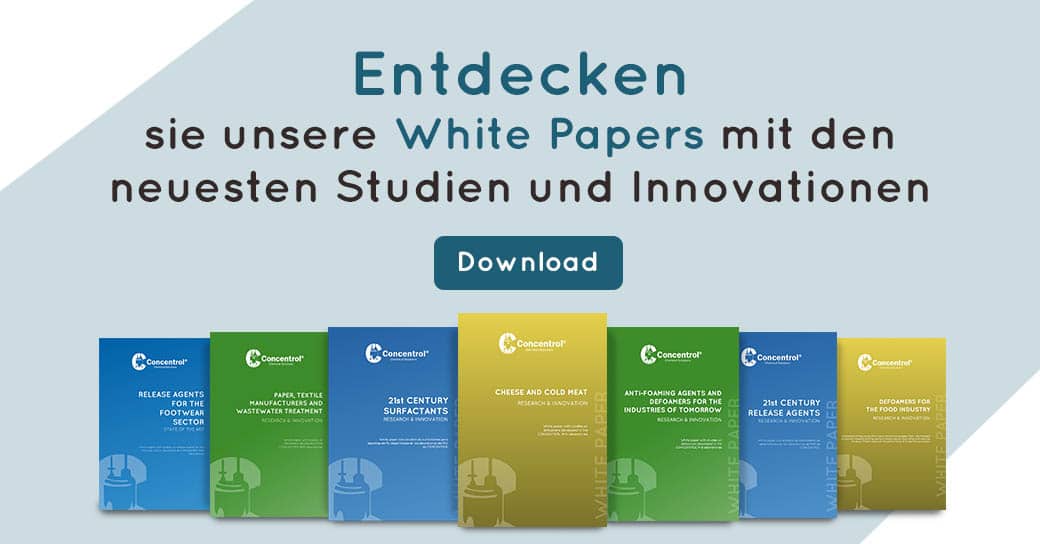PU Magazine International, a reference publication in the polyurethane sector, has published, in the February / March 2018 edition, a study carried out at Concentrol laboratories on new silicone surfactants and their effects on low-emission HR polyurethane foams. The study, devised by Dr. Josep Nadal and Adrià López, was publicly presented at the PSE Europe 2017 conference.
The study that PU Magazine International has decided to include shows the methods used to analyze polyurethane foam emissions and the results obtained by the use of new surfactants whose composition has been designed specifically to reduce their contribution to total emissions and at the same time maintain good performance in terms of polyurethane foam properties.
The evolution of the sector over the last decades has shown the need to achieve a reduction of volatile emissions from polyurethane foams. In addition, the latest technologies bring analysis methods that allow analyzing the emissions with much more precision. Thus, access to more information and better understanding is achieved in order to develop new silicone surfactants that stabilize polyurethane foams and contribute to maintaining low levels of volatile emissions without compromising the properties of polyurethane.
The article published in PU Magazine details the operation of standard analysis methods used to study volatile emissions, gas chromatography and VDA 278. It defines the analysis basis and then shows the results of 24 new surfactants synthesized with low molecular weight that, after being properly characterized, have been used in polyurethane foam formulations of MDI and TDI types.
From the results obtained from determining the physical characteristics of the resulting foams it can be concluded that some of the synthesized surfactants reveal almost insignificant emissions, which shows that their properties are in line with the expectations of flexible HR polyurethane foam manufacturers.



